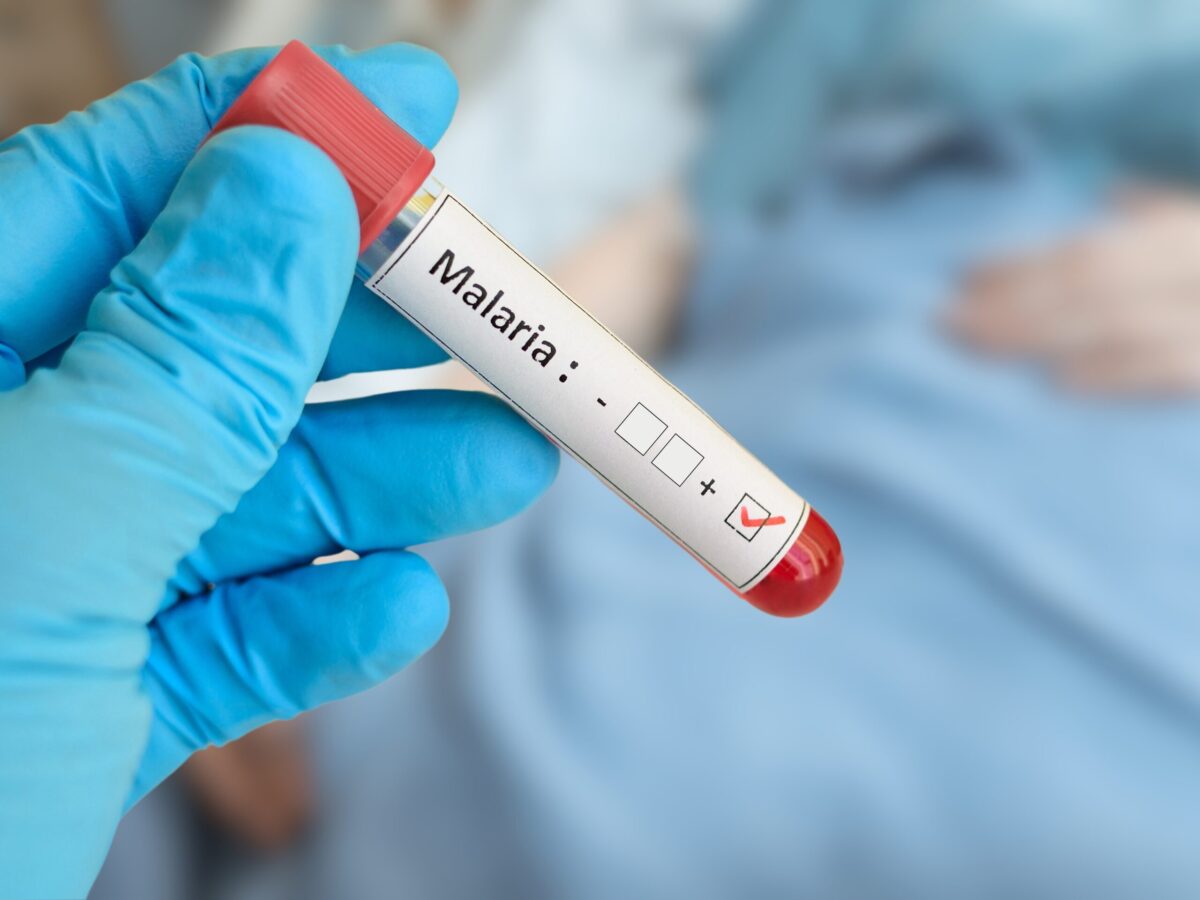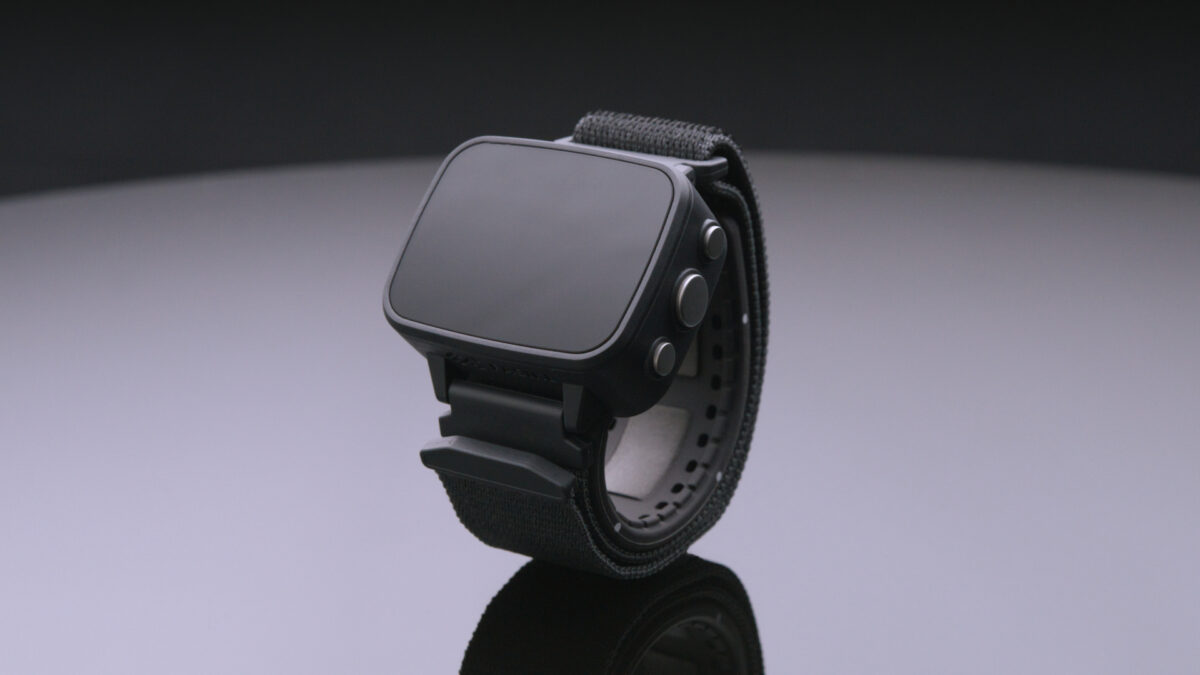The FDA has cleared Huxley Medical’s SANSA home sleep apnea test for cellular data upload, eliminating the need for Bluetooth pairing or smartphone apps. This update removes a common hurdle in home sleep testing — connectivity issues — allowing test results to be transmitted automatically without manual setup.
Traditional home sleep tests often rely on Bluetooth syncing, which can lead to incomplete tests or lost data.
SANSA now bypasses this challenge with built-in cellular connectivity, ensuring results are securely sent in near real-time. While patients don’t need to take extra steps, providers benefit from streamlined workflows that accelerate diagnoses and treatment planning.
Related: Onera Sleep Test System Shows Promise for At-Home Sleep Diagnostics in Validation Study
Originally FDA-cleared in August 2024, SANSA is the first and only chest-worn home sleep apnea test to consolidate multiple sensors into a lightweight patch.
Since its clearance, it has undergone a controlled launch, with early adopters providing feedback on real-world use.
Obstructive sleep apnea (OSA) occurs when the airway repeatedly collapses during sleep, causing pauses in breathing that lead to daytime fatigue and cardiovascular risks.
OSA is typically diagnosed via in-lab polysomnography, where patients are hooked up to multiple sensors overnight, or through home tests that often require cumbersome attachments.
SANSA simplifies this process with a single-button start and a comfortable adhesive patch that stays in place overnight. Instead of using nasal cannulas or multiple wired sensors, it consolidates nine physiological monitoring channels — including oxygen saturation, respiratory effort, sleep-wake staging and electrocardiogram — into a single device.
By capturing a comprehensive set of cardiopulmonary signals, it provides a detailed view of sleep health while minimizing disruptions to natural sleep patterns.
Huxley Medical president and CEO Brennan Torstick pointed out that integrating cellular connectivity directly into SANSA removes an extra layer of setup for patients while improving data collection efficiency for providers.
The shift from Bluetooth to cellular eliminates a common friction point, making home-based testing easier and reducing technical failures.
SANSA’s accuracy was validated in a 340-patient clinical study across seven institutions, demonstrating performance comparable to gold-standard polysomnography. The findings, published in the Journal of Clinical Sleep Medicine, highlight the potential of AI-assisted, wearable diagnostics in sleep apnea management.
With strong feedback from early users, Huxley Medical plans to expand SANSA’s availability, ensuring more patients have access to an intuitive, reliable home sleep apnea test.
The sleep apnea diagnostics market continues to grow, driven by rising awareness and increasing adoption of AI-driven and home-based testing solutions. With nearly 1 billion people affected by OSA globally, demand for accessible, accurate diagnostics is shaping the industry’s future.












Join or login to leave a comment
JOIN LOGIN